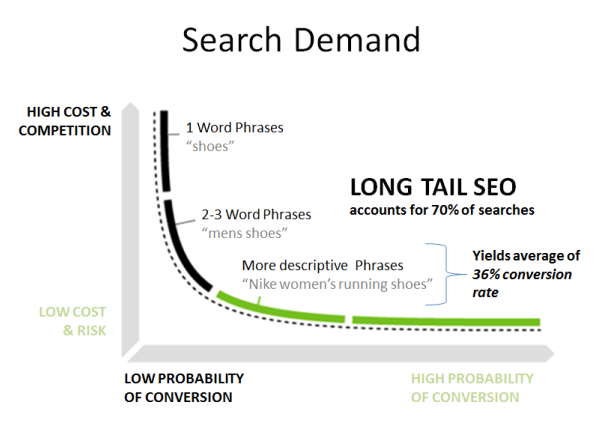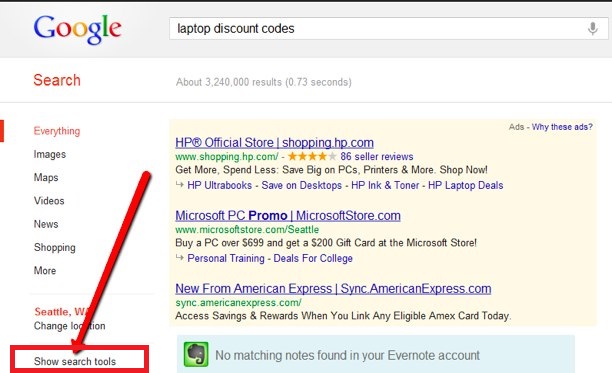SEO may be a fairly complicated concept – but you’ll boil it right down to one main thing. Keyword rankings. For most sites, recuperating rankings is the favorite goal for any SEO campaign, since that’s what’s needed for better traffic. But what’s keyword ranking in SEO? That’s why keyword position checker can play to get a hidden gem from your website keywords.
For businesses that are concerned about using SEO to enhance their traffic, the most keyword ranking definition refers to what position their page has in search results for specific keywords.
What is “Keyword Position Checker” in SEO?
For any particular targeted keyword, pages will generally have a selected position that they seem within the program results page (or the SERP). Search engines use algorithms to live and scrutinize website elements like content, meta-data, internal links, navigation, link structure, and more.
This is often what keyword ranking in SEO means: having the ability to style, set-up, and optimize a site so as to raise the rankings in search engines. After all, websites that are of higher quality will have better keyword positions, and websites that are of lower quality will have lower keyword positions.
Page’s with better keyword rankings will rank for more keywords, will rank for higher traffic keywords, will rank closer to page 1 in search engines, and can rank higher-up on page 1 as well! That’s why understanding what keyword position is, crucial to gaining traffic through Google, Bing, Yahoo, and more.
how to find low competition keywords
When you’re going to enter a new market with a brand new blog, you need to find the absolute low competitive but best keywords for your SEO strategy.
Because at the beginning of your journey, you should apply a strategy that will increase decent traffic within a very short time. If you are able to generate website visitors, search engines take it as a positive signal to rank for the next keywords of your site.
Best Keyword Position Tracking Tools
Manually tracking system is too much boring and time consuming for bloggers. There are several online tools that you can track your keyword position. Here are the list:
SEMrush Position Tracking Tool
What is a keyword ranking?
Keyword rankings in SEO ask your page’s specific spot on the search results pages for a specific search query. When people enter search terms into Google that relate to your page’s material, whichever spot your URL is shown in is your keyword ranking.

Search engines usually show about 10 results per page, and better keyword rankings mean being closer to the highest of the page (toward spot #1), lower keyword rankings mean being closer to rock bottom (spot #10). This keyword ranking definition also refers to which page within the SERP a URL is shown on, with more relevant results shown on page 1, and fewer relevant results appearing on page 2 or beyond.
What Are ‘SERPs’?
SERPs is an acronym utilized in the SEO industry that stands for program Results Page. you’ll hear statements like “this is where your site is ranking in SERPs,” simply meaning that this is often where your website is ranking within search results.

When a blogger or website owner opens their online presence, They target to rank SERP as the primary goal.
How are SEO keyword rankings determined?
Google sends a spider/robot to crawl your site to find out about your content, which tells them:
- What you’re about
- How popular you’re
- What searches you’re relevant to
Google gets to understand your site via crawlers that crawl your site frequently (usually daily or weekly, counting on numerous factors). This is often why your “rankings” will fluctuate often.
From there, Google takes that information and inputs it into search algorithms(opens during a new window) alongside other websites and pages. Google has developed complex algorithms for what to point out in search results for billions of searches that support their extensive user data. The search algorithms assign various weights to an array of things counting on the search.
Google utilizes all of the user data they need to be collected over the years, making them very insightful into user behavior to work out which sites should be listed in those searches. Google algorithms became a number of the foremost complex algorithms because they utilize such a lot of user data from various sources like Google search, Chrome, Android phones, etc.
How to Get Better Rankings for Top Keywords
Keyword ranking is a topic in which your blog is ranked at the top of the Google SERP page or another search engine. According to the research, about 75% of clicks come from search engine result page positions 1 to 3.
Maximum bloggers have questions about how to gain keyword rankings at the top position. They always face different types of questions like “How does my blog rank for the keywords I’m targeting?” and “What keywords does my site rank for?“
Simple, free keyword ranking tools can solve all of these questions for you. And this keyword ranking insight data is essential to know.
Here are few findings to improve your search ranking:
- Track rankings for the perfect keywords
- Focus on Long-Tail Keyword Rankings
- Group and organize keywords for higher rankings
1. Track rankings for the right keywords
Tracking keywords is an important part to see and implement SEO or other actions based on keyword position. A Well organized search query tracking tool can show you the exact hidden game in Google, Bing, Yahoo, Yandex, or other engines.
In the step of search engine decision-making, it’s essential to know the keyword data that is included:
✅ Private
✅ Personalized
✅ Extensive
✅ Accurate
✅ Relevant.
Most of the keyword tracking tools don’t show personalized and private keyword data. These tracking parameters can make your keyword research smoothly.
2. Focus on Long-Tail Keyword Rankings
When you will find long-tail keywords with the help of the SERP ranking checker, focus on those. Because long-tail keywords have a lot of advantages. Here are two main pros to focus on long-tail keyword.

# 1. Long-tail keywords are less completive: If you are able to identify the long-tail keyword, these will be better to rank within a very short time. Most bloggers ignore long-tail keywords. This type of keyphrase is less competitive and easy to implement on-page seo.
# 2. Long-tail keywords are more targeted: Long tail keyword is a laser-focused search query. So it will be a wise decision for your blog to target long-tail keywords. Because to get a targeted audience on your website, long-phrase keywords can be the better option.
3. Group and organize keywords for higher rankings
A website rank checker can be helpful to decorate your keywords. Tecxoo search query position checker is one of the best keyword grouping and organization tools that has an awesome functionality to identify group keyword. If you get an effective group of keywords, it will help you to improve individual keyword ranking.
What is keyword grouping?
Keyword grouping is combining similar, relevant search queries into groups. It’s used as whole groups instead of separate keywords. Keyword grouping is also called keyword clustering. The keyword clustering method helps to clean up the semantic core by dividing it into manageable groups.

There are two major types of keyword grouping:
- Lemma-based—Lemma-based keyword is something that finds similarities in the meaning of phrases and their morphological matches
- SERP-based—SERP based keyword clustering that looks for matches among search results.
Benefits of semantic keyword grouping
The keyword clustering or grouping will provide you a clearer image of the content that need to create and how to organize it across pages. It also gives you, what phrases to rank for, and how to promote different segments of your blog or website.
Here are key benefits of keyword grouping:
- Better understand user intent
- Maximize the number of keywords to rank for
- Remove unnecessary keywords
- Understand the potential of segments
- Create an effective site structure or analyze the existing one
- Boost your site’s visibility and authority
- Save time and eliminate errors
Are rankings different on desktop vs. mobile?
In March, Google transitioned completely to mobile-first indexing(opens during a new window). this alteration means businesses are being forced to possess a mobile-optimized website so as to rank in search on desktop and mobile devices.
Google will assess the user experience (UX) and SEO optimization of your mobile site and pages to work out if you’re providing a mobile-optimized user experience so as to rank in search.
Frequently Asked Questions:
✅ What is keyword position in SEO?
✅ Which keyword ranks fastest?
✅ What is Google Position Checker?
✅ How do I check my SEO ranking?
✅ How do I check my Google search position?
Final Thought:
While most search result listings are organic and need an SEO strategy and tactics so as to rank, you’ll bid on the ads that show up in search so as to seem for target search keywords.
Paid search is an efficient method of targeting searches. Paid search, almost like SEO, requires an efficient strategy, ongoing optimizations, and careful monitoring.
However, Google search results are primarily organic and determined by a website’s implementation of SEO best practices. These results can’t be purchased and take time and energy so as to urge your site’s website into top search results.
